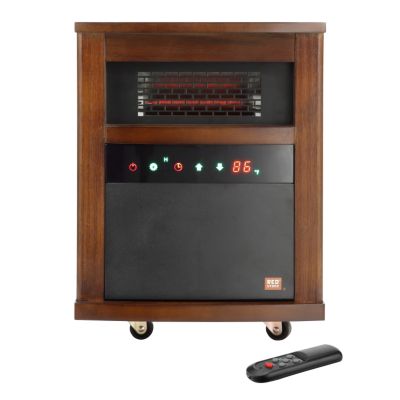Hi, I saw the other thread about cold basement and didn't want to clutter it. My home office is in the basement and I work from home a lot. And well that pc is also my gaming rig. I got a kit to put over the window and will do that tonight. I was looking at an electric wall heater. I believe electric would be easier to install than gas. This part of the basement is finished. This is the one I'm considering. I'd have it ran on 120. Would it need to be on it's own circuit? There is gas pipes in the next room over but with this part of the basement being finished, how hard would it be to install a gas heater? I'd have a pro do this either electrical or gas.
Thanks,
Jim
Thanks,
Jim



 in a past life I ran a controls department for a energy management company, I picked up a lot about mechanical systems design back then.
in a past life I ran a controls department for a energy management company, I picked up a lot about mechanical systems design back then.

Comment